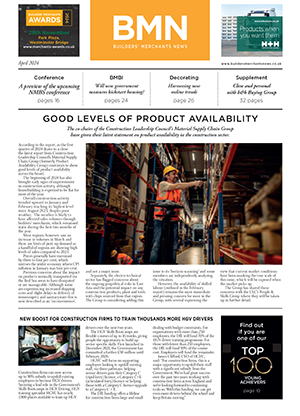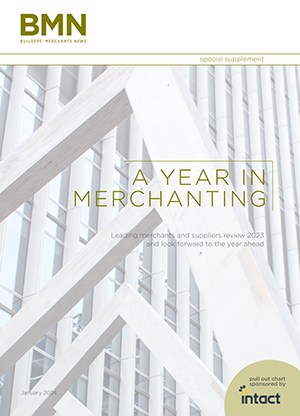In the current climate, it's tempting to apportion blame for slow economic growth and depreciating market activity to Brexit. So, when the construction sector output plunged by 3% year-on-year in February, commentators were quick to highlight the growing lack of confidence in the market as a result of the UK's decision to leave the EU.
While this is a factor, of course, there are other issues at play, while it's arguable that construction sector performance has been largely unaffected by Brexit.
In this article, I'll analyse the latest industry figures in further detail, and ask whether this marketplace is in the midst of a decline.
The facts and figures – what do they say?
In simple terms, the year-on-year drop of 3% represented the largest annual decline since March 2013, highlighting the challenges facing the construction market in 2018.
On a quarterly basis, output within the sector also fell by 0.8% in the three months ending February 2018, with both private and public sector companies struggling to achieve their objectives. The decline from January was even more pronounced, with a 1.6% fall in output registered during this four-week period.
The downward trajectory of these numbers is reflected in the manufacturing sector, which endured a sharp decline in January and a difficult start to the year. There is often a correlation between the performance of these two industries, primarily because construction is considered to be one of the most complex and lucrative manufacturing processes in the UK.
At the same time, it's interesting to note that the energy sector has performed relatively robustly since the start of 2018, with business electricity, gas and water consultant Utilitywise claiming that two cold snaps during March had caused households to use 1.5bcm in comparison with 2017's figures.
What do these figures tell us about construction in the UK?
The prevalence of cold and wet weather in the UK has also had a profound impact on the construction sector, as it continued to delay building projects and impede on-site productivity nationwide.
This, allied with the uncertainty created by Brexit, would certainly provide a basic explanation for the decline in the marketplace. Still, it's important to note that economists had expected output to increase during the last quarter, so we must surely look further afield when appraising the scale of the decline in the industry.
According to the Office for National Statistics, a sustained decline in the demand for repair and maintenance work may also be a factor. With widespread economic contraction in the UK and the adverse weather conditions forcing land and property-owners to delay works, the construction sector and its revenue streams have been hit hard.
This has also impacted on the level of confidence within the sector, with profit margins been squeezed and the long-term outlook remaining decidedly unclear.
The last word
Ultimately, there's no immediate need for those within the sector to panic. After all, the weather has improved markedly over the course of the last few weeks, with continued real estate investment from outside of the EU is also countering the short-term impact of Brexit.
Still, there's no doubt that the industry remains in a relatively fragile state at present, as this is likely to continue indefinitely. For now, it should be enough to welcome the warmer weather conditions and hope that it helps to provide a short-term boost to the marketplace and its performance.








